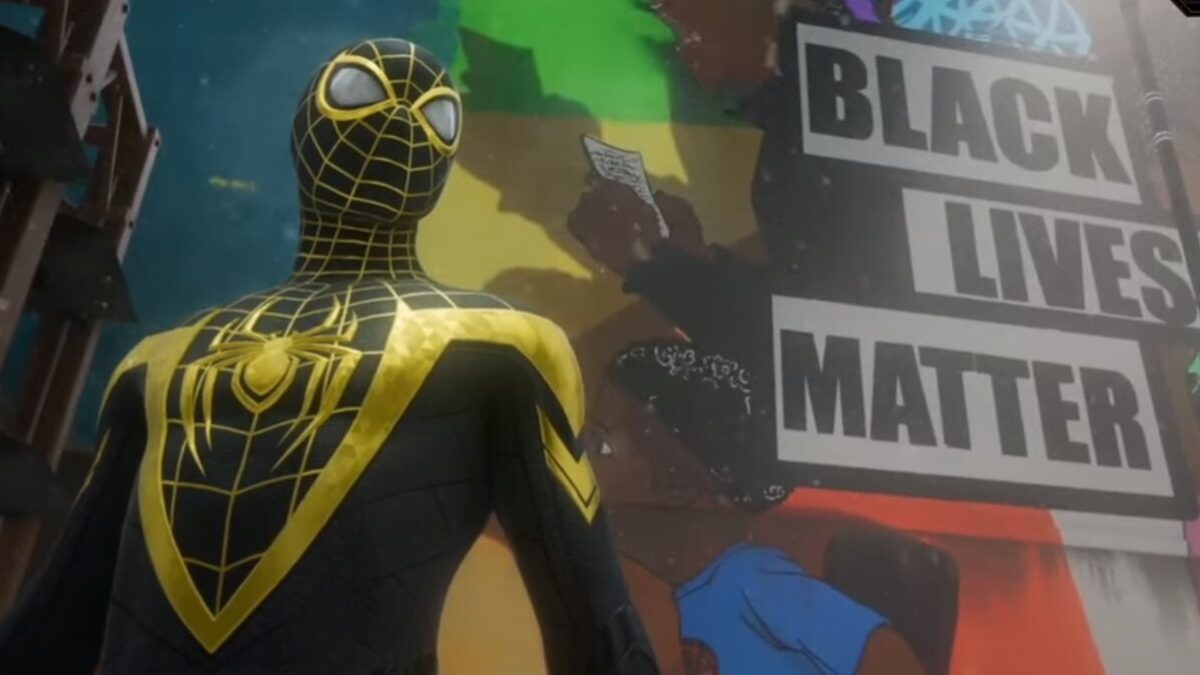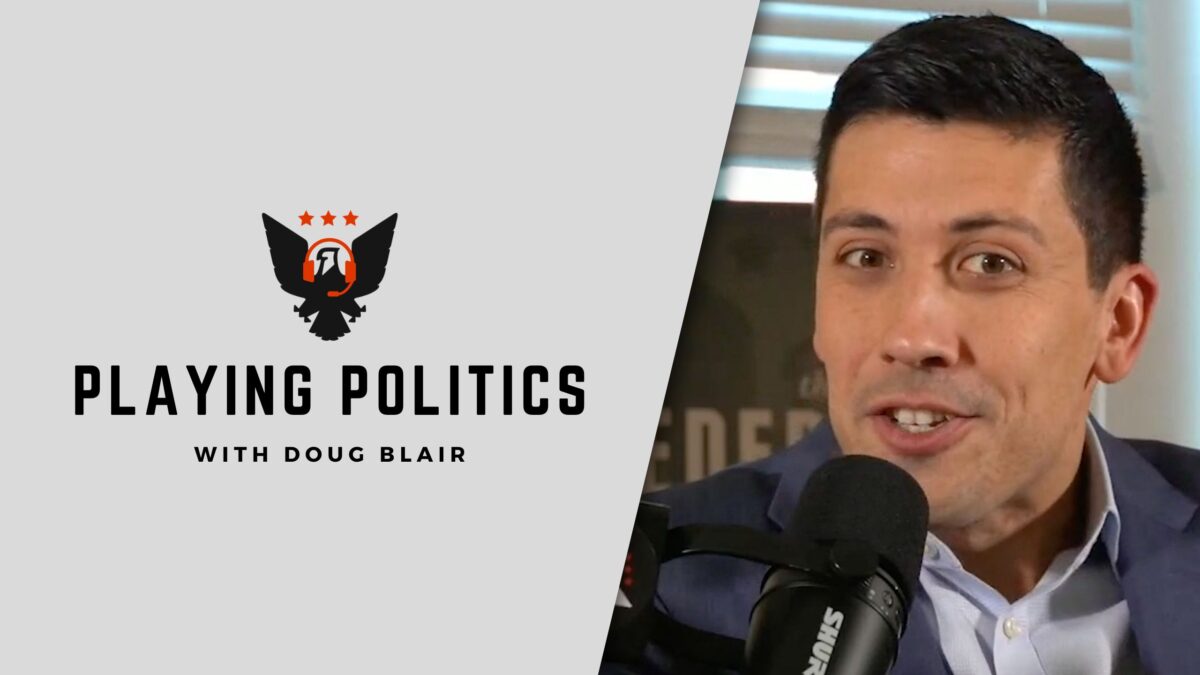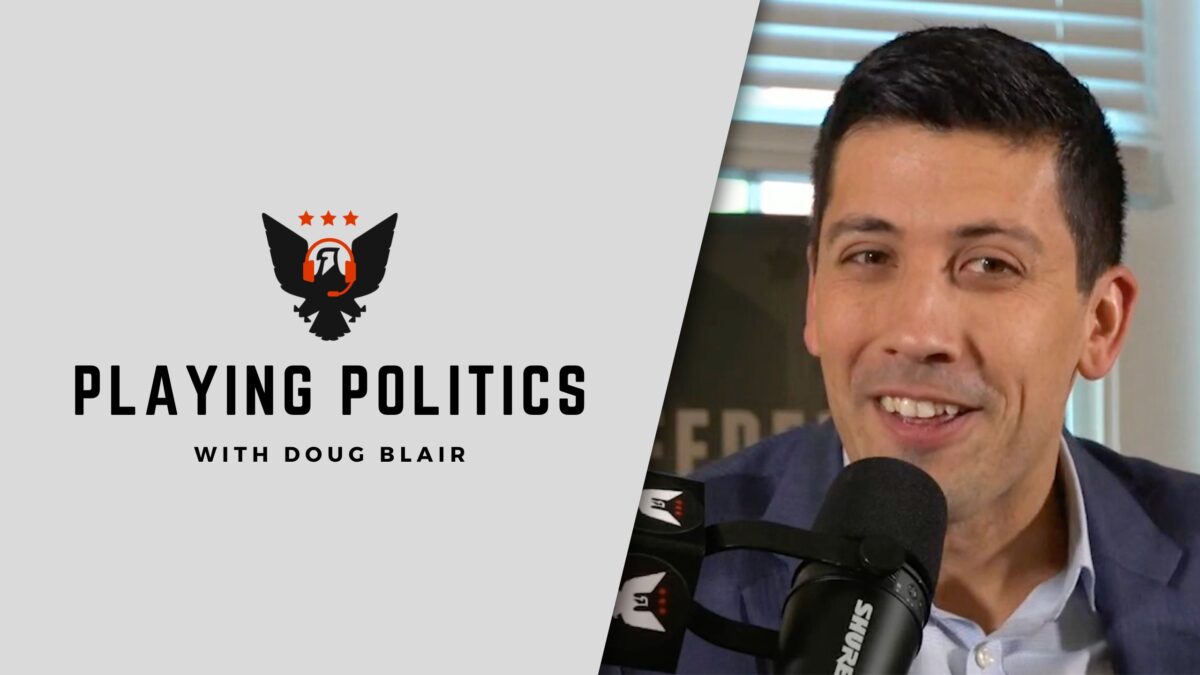
Video games have an East Coast legitimacy problem.
The invalidity doesn’t stem from gaming itself — just look at the West Coast. Rather, it’s broadcast media and Washington, D.C.’s inability to view video games as a serious industry that breeds the stigma. Thankfully, esports is working on fixing that.
Anti-gaming bias reared its head prominently after the Florida school shooting. Press secretary Sarah Huckabee Sanders made an impromptu March 1 announcement that President Donald Trump would be meeting with members of the video game industry — much to their surprise, as no one knew about it beforehand. The revelation was not tantalizing enough to warrant further inquiry, but did reignite media’s unduly dismissive and judgmental attitude toward gaming.
For the next week, the story was mostly ignored. When the president’s meeting with pro- and anti-gaming advocates occurred March 8, coverage consisted of hosts and pundits spending as little time as possible covering it (or not covering at all) and stating as fact that video games cause violence. Little research into the claim seemed to be done, challenges to the narrative were far and few between and no substantial time was given to critics of the deadly assertion. Almost all segments about the meeting showcased only anti-gaming sentiments.
The White House seemed to make its opinion fairly clear, too. Trump made disparaging remarks about gaming in meetings with lawmakers after the Florida shooting and has done so as far back as 2012. After the meeting, the White House posted an unlisted video on its official YouTube showing clips of video game deaths. As of Sunday afternoon, it had 77,000 “dislikes” and only 2,300 “likes.” Almost all of the comments are negative.
That certainly seems to suggest a predetermined outcome even though there are reportedly more meetings to come.
So why was media willing to implicate gaming as a factor in the horrific Florida shooting, but not view it as important enough to dedicate three to five minutes of airtime to defend itself? Why did the White House hint at potential congressional or legislative action against the industry but not take the time to put together a proper meeting?
Shouldn’t we want to spend time talking about something we believe allegedly leads to the deaths of children?
That’s an easy enough answer: Media and politicians do not take the video game industry seriously. They view gaming as sub par to traditional employment, and believe it doesn’t produce anything of value or contribute to society. It’s silly and childish, so why waste precious time on it?
This mindset is compounded by the fact that the majority of people commenting on gaming in regard to violence are political creatures — they have no interest in video games unless it can be used as a scapegoat in the broader political discussion about the Second Amendment and gun safety. Take a look at Kentucky Gov. Matt Bevin, Brent Bozell and Rhode Island state Rep. Robert A. Nardolillo III. There’s no incentive to educate themselves because their attacks on gaming go unchallenged.
Too bad that ignorance is not going to hurt gaming. In fact, it’s going to backfire on the very people who dismiss a multi-billion dollar industry with thousands of employees in all 50 states that captures the hearts and minds of young Americans.
You need only look at esports, a cultural phenomena in the works for years that’s finally spilling over into mainstream culture. Its gravitational force has captured powerhouse brands, the biggest names in traditional sports, colleges and universities across the country, Olympic interest and an unstoppable youth fascination. Revenue projects are only going up and cities all over are building stadiums and facilities to accommodate esports. Even traditional athletes and celebrities like Shaquille O’Neal, Alex Rodriguez and Ashton Kutcher are involved.
The future and current gamer voting block is made up of highly enthusiastic fans with disposable incomes and a willingness to spend hours engaging with esports. Their heroes aren’t Kobe Bryant or Tom Brady, they’re people like Lee “Faker” Sang-hyeok, Finn “Karrigan” Andersen and Brandon “Seagull” Larned.
Politics is not their purview, just as gaming isn’t pundits’, but the difference is that esports fans — and the larger gaming community — react swiftly and loudly to threats.
The Electronic Arts debacle of 2017 is a perfect example of what could easily happen to politicians and the news outlets that cover them. EA ignored and refused to listen to its players, and so thoroughly infuriated them that well over 650,000 people took to Reddit, Facebook, Twitter and many other Internet forums to declare their anger. Petitions were created. EA’s stock dropped. Legislatures in America and abroad are now looking closely at EA’s practices. The company was forced to disable features and make last-minute changes to appease the irate horde.
There’s going to be an EA reckoning for D.C. if it’s not careful.
And it won’t be.
The political sphere is slow to change, even more so when you’re trying to argue that the video game industry deserves a least some time at the table alongside major issues like national security, the budget, terrorism or equality issues. It will only happen when a president or Congress tries to move against the industry, and when they do, they’ll be faced with tech-savvy millions who are very efficient at announcing their displeasure.
Politicians in countries like South Korea have already started to reach out and engage young voters with video game-based political ads and stunts. It won’t be long before the same techniques start cropping up in America.
Broadcast media ought to be mindful, too.
Although some outlets and reporters did give the meeting appropriate coverage, it seemed mostly relegated to online publications, not networks or television stations.
It already got a small taste of gamers’ anger when a screenshot titled “No” sat atop one of the largest communities on Reddit with over 60,000 upvotes. The screenshot was of a gaming segment on “The Ingraham Angle” following the White House meeting.
Television viewership is decreasing and those who do tune in are old. The age range media so desperately covets is increasingly going to be made up of gamers, and they won’t watch if they feel like networks belittle or dismiss them. It behooves television media to acknowledge that esports and gaming are permeating every facet of American life.
The rise of esports as an American cultural heavyweight is going to force media to give the video game industry a voice. Not only that, it will help defeat the flimsy talking point that video games cause people to behave violently. If science won’t be able to get that across, cultural shifts will.









